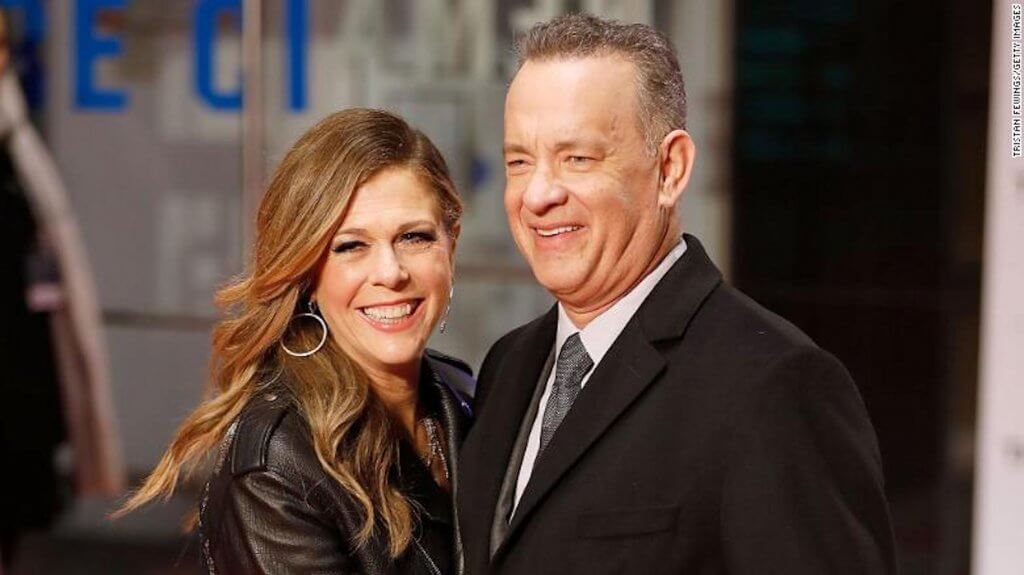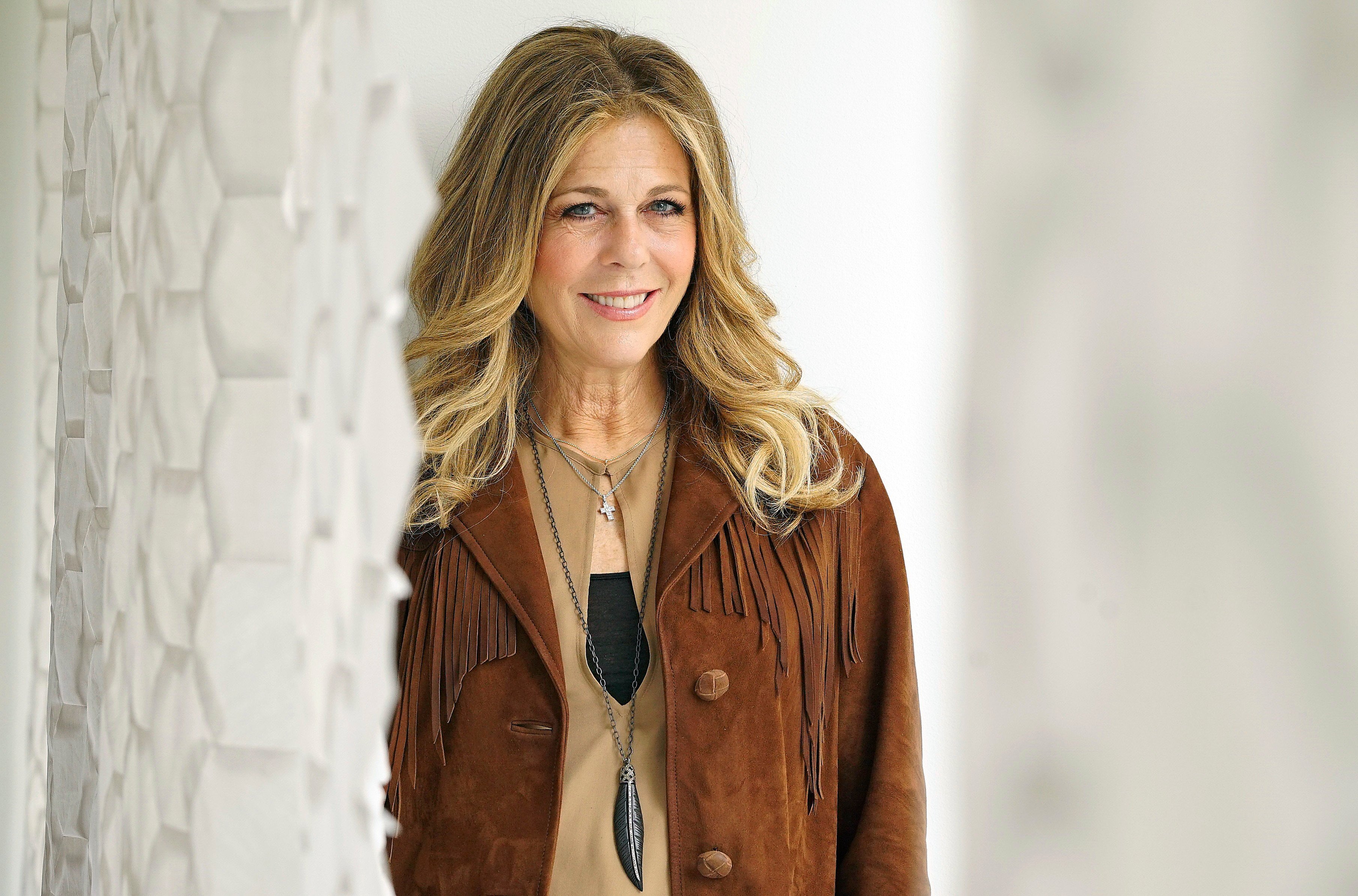Diet & Cancer: The Connection
- Actress Rita Wilson, 65, recently marked seven years free of breast cancer, and in those seven years, she stopped eating meat to maintain a healthy lifestyle, and make sure her cancer doesn't return.
- SurvivorNet experts agree that diet and cancer risks are closely related.
- Overcooked red meat, processed foods like bacon, as well as fatty meats have all been associated with an increased cancer risk.
In 2020, during an interview with Health magazine, Wilson, who’s from Los Angeles, Calif., opened up about how she cut back on her alcohol consumption, and stopped eating meat altogether.
Read More
Diet & Cancer: The Connection
So, why did Rita Wilson decide to stop eating meat after she was diagnosed with cancer? Well, it’s actually not that uncommon. In fact, SurvivorNet experts agree that diet and cancer risks are closely related.Overcooked red meat, processed foods like bacon, as well as fatty meats have all been associated with an increased cancer risk.
However, removing these suspected triggers doesn’t always stop cancer from developing, and indulging in them doesn’t necessarily mean a person will get cancer. There’s a bit more to understanding cancer risk than that.
The Role of Diet and Exercise in Cancer Risk
We are exposed to carcinogens (substances that can cause cancer) throughout our daily lives, such as when we prepare food. But many people won’t go on to develop the disease, according to Dr. Robert Wright, chair of the Department of Environmental Medicine and Public Health at Mount Sinai.
"We create carcinogens all the time in our foods when we cook them, and very few of us get cancer because our bodies can handle them," Dr. Wright explained. "But some people have susceptibilities to these environmental carcinogens, which might be genetic or might be caused by combinations of carcinogens."
It’s important to understand that no one trigger is going to definitively cause cancer, Dr. Wright said, but it could be a combination of triggers in the environment.
"Cancer isn't caused by one event, typically, it's usually a series or combination of events," he added. "So, it may be that you ate a lot of charred food, it may be that you're also a smoker, it may be that you've inherited a genetic susceptibility to be a little bit more sensitive to those chemicals."
No matter what anyone tells you, as far as we know, there’s no single food that doctors can point to, with absolute certainty, and say it decreases cancer risk. But that doesn’t mean that healthy eating habits aren’t important!
When it comes to dietary advice that applies to everyone, Dr. Wright is straightforward: eat more vegetables and stay active.
"What we haven't figured out for cancer is, what is the combination of risk factors that end up leading to a particular person getting cancer," Dr. Wright said during a previous interview with SurvivorNet. "The goal (in the future) is to identify those people who are more susceptible to cancer and to give them counseling and foods that they can eat and other habits like exercise that can reduce their risk. Right now, we're not really good at predicting that."
What to Know About Diet and Exercise if You Have Cancer
While some cancers develop from inherited genes, most don’t, so researchers are working on ways to understand how lifestyle factors like diet, exercise and chemical exposures put people at risk.
With that in mind, Dr. Wright stressed that eating well and staying active are still important for all of us.
"In the end, prevention is actually kind of simple," he said. "It's what we always know. It's exercise and eat well. That means eating more vegetables and less meats (like Wilson), particularly red meats."
Rita Wilson's Breast Cancer Battle
In 2015, Rita Wilson was diagnosed with breast cancer. She underwent a mastectomy (a surgical operation to remove a breast), followed by reconstructive surgery, in order to treat her cancer.
When Should You Consider a Mastectomy?
The actress and singer's specific diagnosis was invasive lobular carcinoma. This type of breast cancer is named for its point of origin: the lobules.
Invasive lobular carcinoma begins in the milk-producing glands, called lobules, of the breast. For this kind of cancer that's invasive, cancer cells have "broken out" of the lobule where they began and they may spread to other areas of the body.
Invasive lobular carcinoma only represents a small portion of breast cancers. The most common type of breast cancer starts in the breast ducts.
Related: Should I Have a Lumpectomy or Mastectomy?
Treatment options for breast cancer include surgery (via a mastectomy or lumpectomy), chemotherapy and radiation. Some people also have preventative mastectomies if there's a history of breast cancer in the family and thus an elevated risk of developing the disease.
Contributing: Anne McCarthy
Learn more about SurvivorNet's rigorous medical review process.


